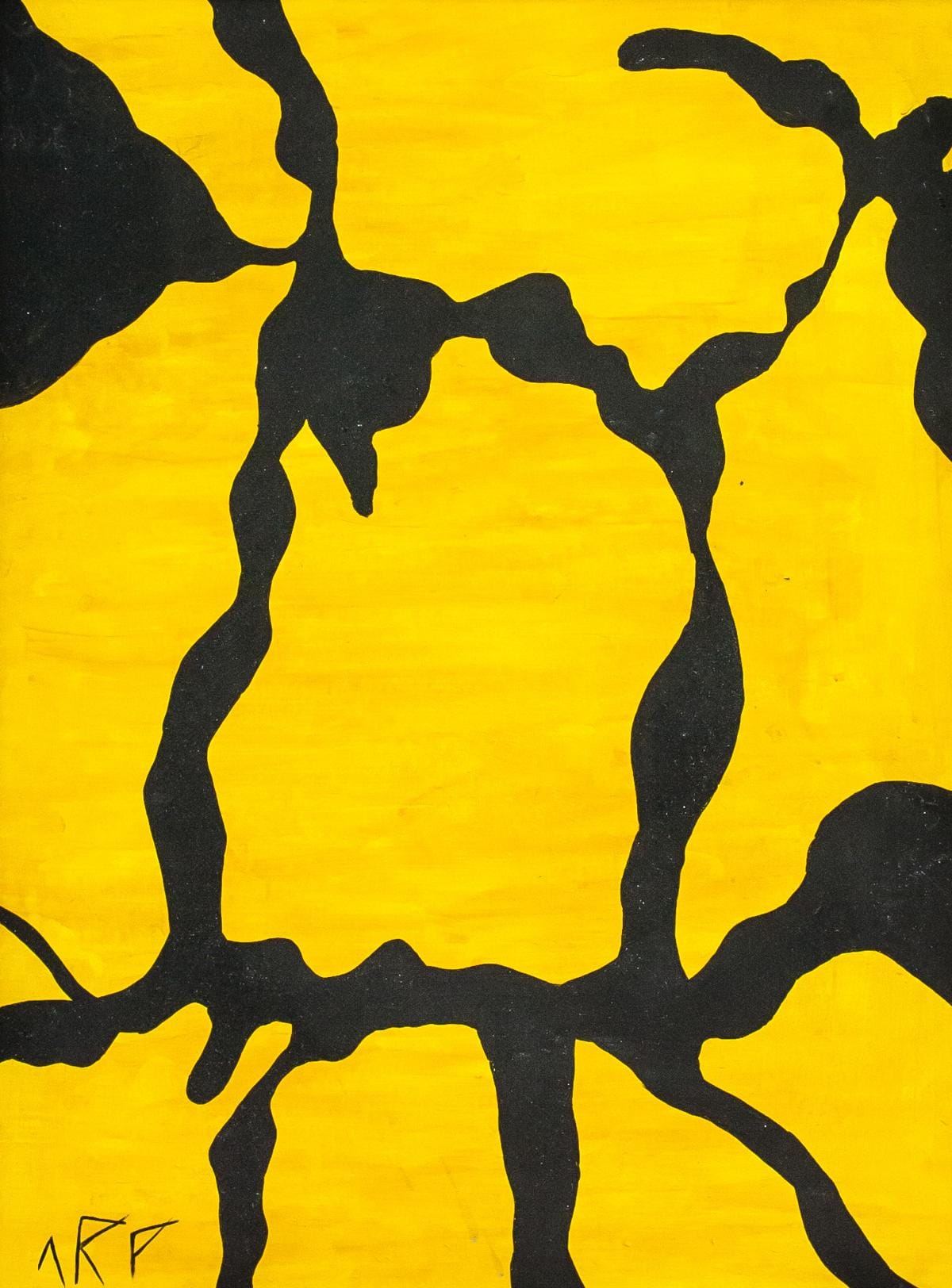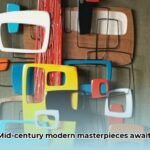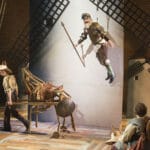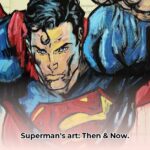Jean Arp, born Hans Arp in 1886, transcended the confines of any single artistic movement, leaving an indelible mark on 20th-century art. While profoundly associated with Dadaism, his artistic journey encompassed Expressionism, Surrealism, and a uniquely personal style characterized by biomorphic abstraction. This article delves beyond the familiar narrative of Dada, exploring the multifaceted evolution of Arp’s artistic vision, his collaborations, and the lasting impact of his work.
A Life in Art: From Strasbourg to Basel
Early Life and Influences
Born in Strasbourg, a city then part of Germany, Arp’s life reflected a fascinating blend of French and German cultures, a duality that likely shaped his unique artistic perspective. His early artistic education, influenced by the emotional intensity of Expressionism, laid the groundwork for his later innovations. A move to Paris in 1904 exposed him to the dynamic art scene, significantly impacting his development and leading him to start writing poetry, showcasing his multifaceted creativity.
The Zurich Dada Years: Embracing Chance
Arp’s involvement in the Zurich Dada movement around 1916 proved pivotal. Joining forces with artists such as Tristan Tzara and Marcel Janco, he rejected the conventional artistic norms of the time, particularly in response to the horrors of World War I. He championed chance operations, allowing random processes to inform his art, creating collages and reliefs from found objects. This approach to artmaking wasn’t merely random chaos; some experts suggest a subtle logic at play, a hidden structure revealing itself only upon careful observation. His Squares Arranged According to the Laws of Chance (1916-1917) exemplifies this radical approach and remains a powerful statement that continues to fascinate and inspire.
The Creative Partnership with Sophie Taeuber-Arp
Arp’s 1922 marriage to Sophie Taeuber-Arp marked a transformative period, creating an extraordinary artistic partnership. Their collaboration produced a remarkable body of textiles, sculptures, and paintings, pushing the boundaries between art forms. The extent of their mutual influence remains a subject of ongoing research, highlighting the significant yet still under-explored collaboration in their artistic pursuits.
From Dada to Surrealism: A Continuous Evolution
Arp’s transition from Dadaism to Surrealism was not an abrupt shift but rather a natural evolution. While deeply involved in Dada’s anti-establishment ethos, he seamlessly integrated elements of Surrealism, exploring the unconscious mind through his unique lens. However, his distinct style persisted, maintaining his original artistic voice. Some art historians argue this transition was a logical progression, while others see it as a conscious adaptation to his own artistic needs.
Beyond the Movement: Arp’s Unique Artistic Vision
Biomorphic Forms and Abstract Expression
Arp’s signature style is defined by biomorphic abstraction. He worked with organic shapes reminiscent of natural forms, yet his representations were not realistic but rather explored the abstract essence of life and nature. This approach is striking in works like Torso (1925) and Cloud (1950), showcasing his mastery of wood relief and bronze sculpture respectively. His Human Concretion (1954), a complex sculpture of wood and metal, demonstrates his later exploration of undulating forms.
The Interplay of Words and Shapes
Arp’s creativity extended beyond visual arts. His poetry often complemented his sculptures and collages, forming a unified artistic whole. There is considerable potential for further exploration into how his poetry adds layers of meaning to his visual art.
The Enduring Legacy of Jean Arp
Jean Arp’s influence extends far beyond Dada and Surrealism. His experiments with chance, his organic forms, and the fusion of poetry and visual arts continue to inspire contemporary artists. His legacy serves as a powerful reminder that art transcends technical skill; it’s about pushing boundaries and finding new ways to perceive the world. His work endures as a testament to the timeless power of artistic innovation and remains a subject of continued fascination and analysis within art-historical circles.
Key Works by Jean Arp
| Title | Date | Medium | Description | Image Link |
|---|---|---|---|---|
| Squares Arranged According to the Laws of Chance | 1916-1917 | Collage | A pivotal example of his use of chance operations. | [https://www.lolaapp.com/image1] |
| Torso | 1925 | Wood relief | Demonstrates his mastery of carving and organic forms. | [https://www.lolaapp.com/image2] |
| Cloud | 1950 | Bronze sculpture | An elegant example of his mature style. | [https://www.lolaapp.com/image3] |
| Human Concretion | 1954 | Wood and metal sculpture | A complex work showing his exploration of undulating forms. | [https://www.lolaapp.com/image4] |
(Note: Replace “[https://www.lolaapp.com/image1]”, “[https://www.lolaapp.com/image2]”, “[https://www.lolaapp.com/image3]”, and “[https://www.lolaapp.com/image4]” with actual image links.)
Further Exploration: Unveiling the Mysteries of Arp’s Art
While this article provides a comprehensive overview of Jean Arp’s life and work, there are many avenues for further research and exploration. The precise influence of Arp’s dual German-French heritage on his artistic style, for instance, requires further analysis. Similarly, detailed digital analysis of his works could quantify shifts in his use of organic versus geometric forms throughout his career, offering novel insights into his creative processes. Further explorations of his collaborations with Sophie Taeuber-Arp promise to reveal more about the complexity of their mutual influence and the specifics of their creative partnership. Ultimately, Jean Arp’s work continues to invite study, interpretation, and appreciation, ensuring his enduring legacy as one of the most influential artists of the 20th century. The ongoing research into his life and artistic output suggests that our understanding will continue to evolve with each new discovery. The richness and complexity of his contributions to modern art remain a compelling subject for scholarly discourse.
- SYBAU See You Baby Meaning: Gen Z Slang Evolves - July 1, 2025
- Unlock Your Inner Youth: Lifestyle Secrets for a Vibrant Life - July 1, 2025
- Decode SYBAU Meaning: Gen Z Slang Explained - July 1, 2025






